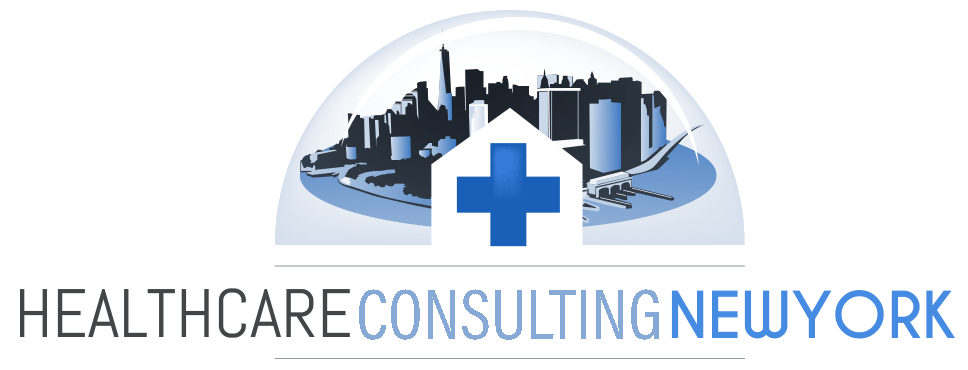
Photo Credit: Pixabay
Addiction recovery is an arduous process. Relapse is common and, some will say, a necessary part of eventual success. On one level, you cannot truly know if you can manage your addiction until you experience a relapse. As upsetting as a break in sobriety may be, it is essential for you to treat it like a routine bump in the road and have a plan in place for when it happens again.
Many of the supportive elements of recovery can help minimize relapse, but more importantly, they can help when you temporarily lose your struggle to manage substance abuse. Measures such as exercise, yoga, healthy eating, and self-care not only help support the body and mind through the rigors of recovery, but they can also help prop you back up after relapse. Here, Healthcare Consulting New York presents some helpful strategies to help you to stay sober.
What to Do if You Fear a Relapse
You know yourself best, and if you fear that you will be tempted to use drugs, alcohol, or otherwise relapse, take action before you break your sobriety. Contact your sponsor, physician, or addictions counselor. Speak with family members about whatever stresses may be triggering the potential relapse. The support of family and friends is crucial for recovery; not so they can pat you on the back for remaining sober, but so that they can help you during shaky times.
One tip to self-regulate during times of stress is to engage in self-care techniques. Mindfulness-centric methods such as meditation or yoga provide numerous relapse beating benefits. The first of these is helping to know oneself. Mindfulness accomplished this by slowing life down a bit. When you meditate or practice yoga, you can listen to yourself in stillness. If something seems off, you can make sure to speak to your sponsor or engage in activities that keep you occupied and out of harm’s way.
When You Fall Off the Horse
If you relapse, it’s important to not dwell on the experience as a failure. Doing so can drain vital energy that is necessary for a sustained recovery plan. The important thing is to contain your relapse to a minimal event and get back on the path to sobriety. You can use your faltering as a way to influence how you conduct yourself in the future.
Identify what led you to use again. Whether it was work stress, relationship problems, or maybe being in the wrong place and around less-than-supportive people, your relapse likely did not spring out of nothingness.
Identifying triggers and stressors is part of successful recovery. When relapse occurs, treat the experience as educational and immediately seek professional help. Just like yoga and meditation can help you identify when you might relapse, these techniques can also help you self-regulate to avoid future threats to your sobriety.
How to Manage a Relapse
Relapse during addiction recovery can be a discouraging setback, but it’s important to remember that it doesn’t define your journey to sobriety. The first step after a relapse is to reach out for support. Drug and alcohol rehabilitation centers offer various resources such as individual and group therapy, peer support groups, and relapse prevention plans to help you get back on track. Remember that recovery is a process, and setbacks can happen, but seeking help and staying committed to your goals are crucial to overcoming addiction.
The Path to Sobriety
Exercise can also help you power your way back to the right road to recovery. Researchers have identified brain chemical rewards that come from training, and they are identical to those triggered by drug and alcohol use. Incorporating outdoor exposure can also help stabilize mood, reducing feelings of depression and anxiety that might lead to relapse. Hobbies can also distract from relapse triggers and provide personal joy that improves mental states.
Be Patient with Yourself on Your Journey
Most importantly, realize that relapse is often part of the process of addiction recovery. That’s why managing substance abuse is so difficult. It is not an affliction that can be switched off like a light, but instead, think of recovery as a dimmer switch. You can dial down the threat of relapse, but a slight move in the wrong direction can turn the light back to full brightness.
If you are looking for other healthcare options, visit Healthcare Consulting New York for a simpler search process.


